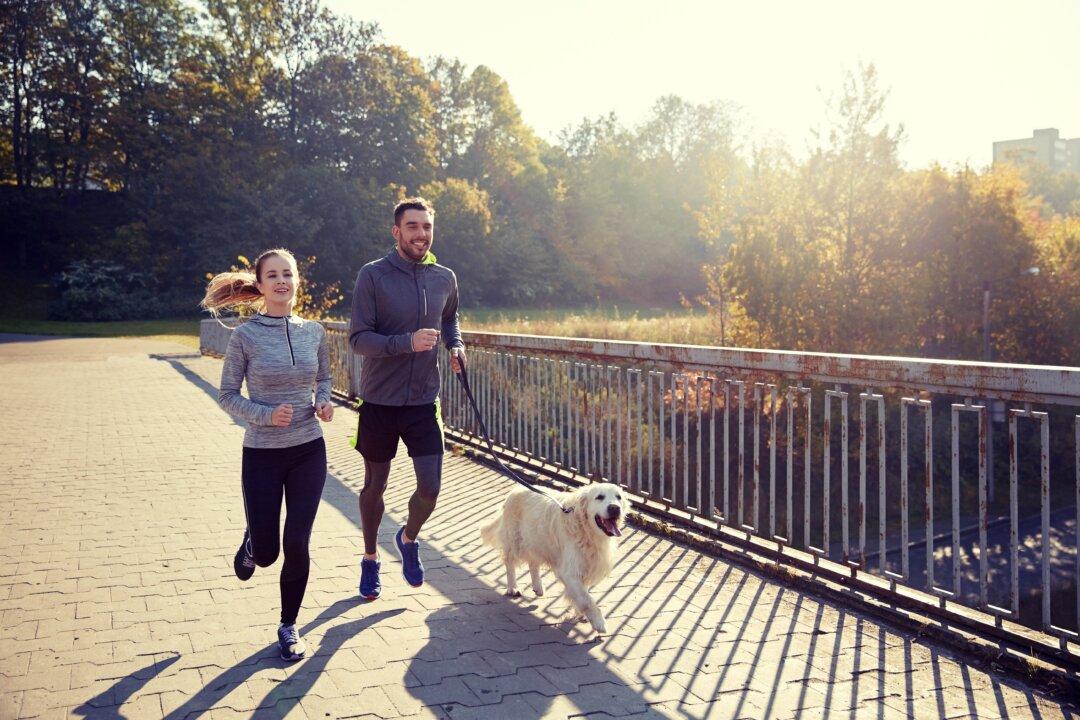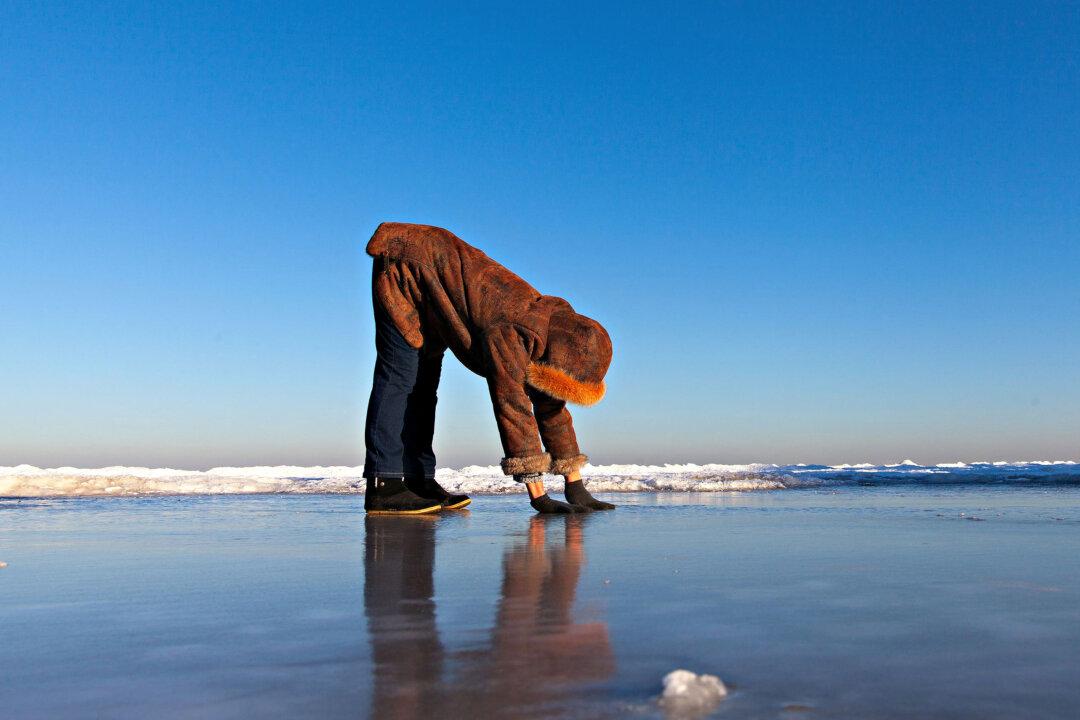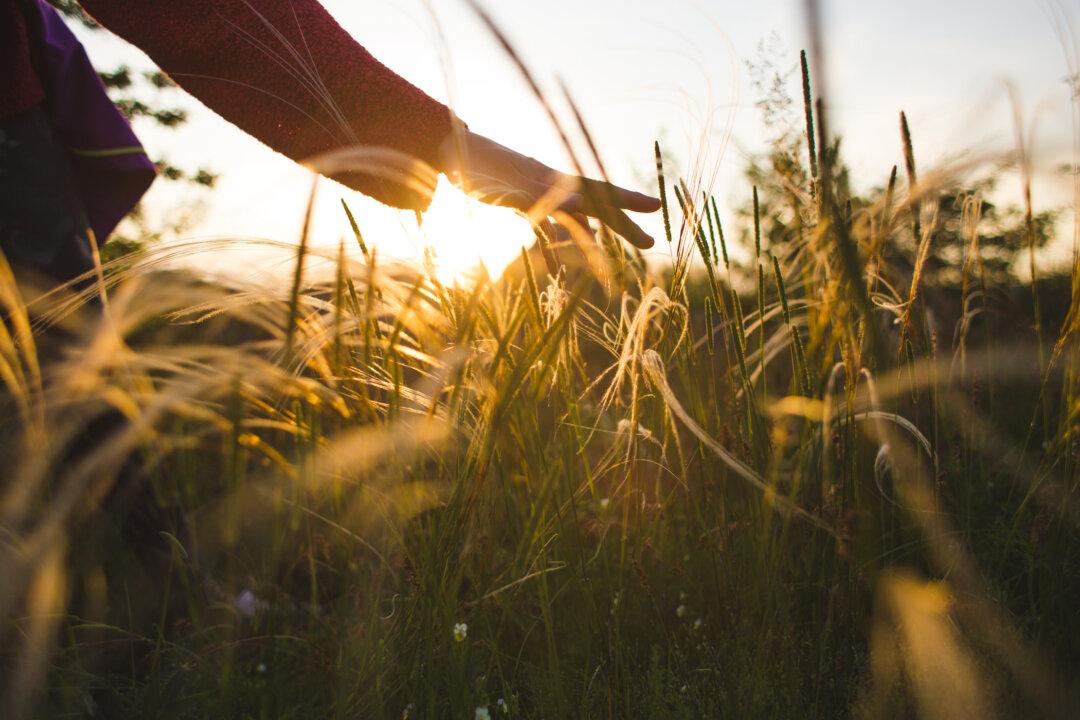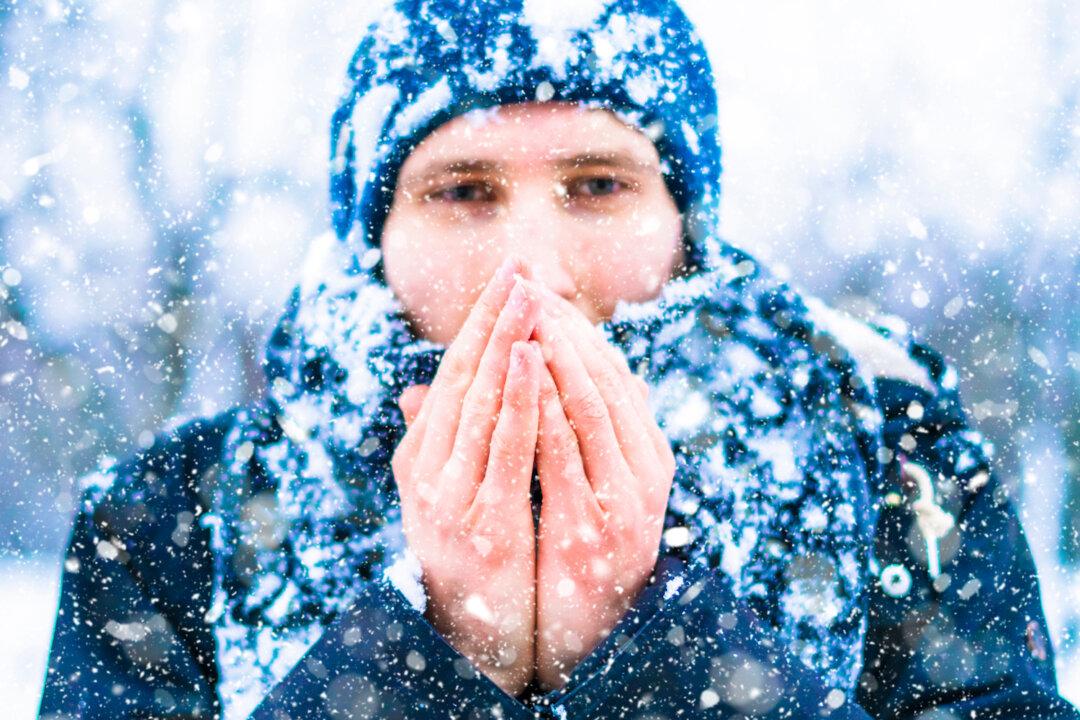Near my house is a bike and walking trail that runs along a small creek. It includes several boardwalks that cross over open marshland, as well as tunnels and bridges that cross under or over busy streets. It also links several parks to one another. The trail winds its way along the creek through woods and neighborhoods, ending miles away at the Minnesota River.
This trail is full of runners, people walking their dog, and lots of cyclists. It’s where I used to run, but now it’s where I walk or venture further from home on my bike. This trail is where I choose to exercise—partly because it takes me out into nature and partly because I come back feeling better from having exercised outdoors.




